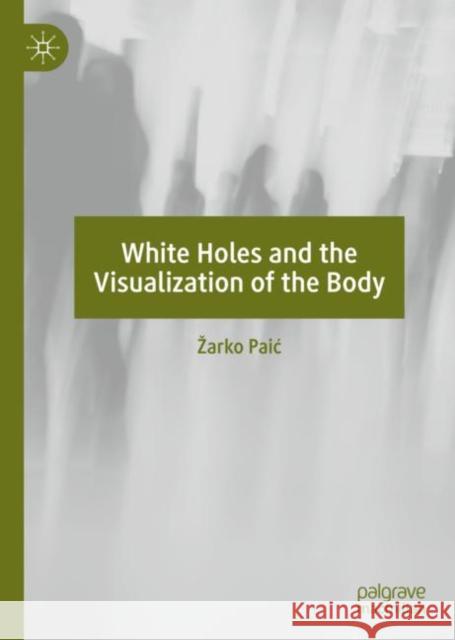White Holes and the Visualization of the Body » książka
topmenu
White Holes and the Visualization of the Body
ISBN-13: 9783030144661 / Angielski / Twarda / 2019 / 194 str.
Kategorie BISAC:
Wydawca:
Palgrave MacMillan
Język:
Angielski
ISBN-13:
9783030144661
Rok wydania:
2019
Wydanie:
2019
Ilość stron:
194
Waga:
0.39 kg
Wymiary:
21.01 x 14.81 x 1.27
Oprawa:
Twarda
Wolumenów:
01
Dodatkowe informacje:
Wydanie ilustrowane











